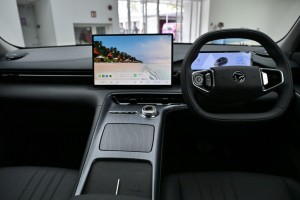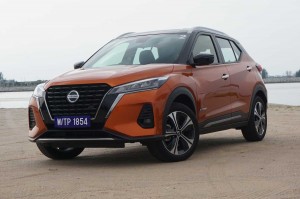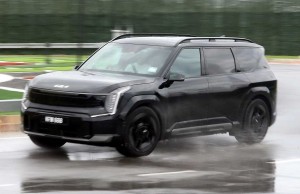Could electric car batteries outlast the vehicles themselves?
By ETX DAILY UP | 21 September 2024
TORONTO: When making the switch to an electric vehicle (EV), many motorists worry about whether their car's battery will retain its full capacity over time, and whether it will need to be replaced after five or 10 years.
A recent study suggests that battery degradation is relatively insignificant, and that an EV battery's lifespan could even exceed that of vehicles themselves.
Research carried out by Canadian fleet data management company, Geotab, suggests that, in the majority of cases, you probably won't have to replace your EV's battery over the course of your car's lifespan.
In fact, the average annual degradation of batteries is now 1.8%, compared to the 2.3% observed in 2019 in previous research. This improvement means that batteries in the latest EV models will comfortably exceed the vehicle's useful life.
It should also be noted that the average degradation is not influenced by the number of kilometres driven.
Take the Tesla Model Y, for example, in its Performance version. When new, it has an estimated range of 515km. After 20 years of use, this would still be almost 330km despite battery wear, ie, 64% of its original capacity, which is still more than sufficient for everyday use.
It remains to be seen, however, whether the drop-off might be more abrupt towards the end of the battery lifespan, but this has not yet been able to be observed.
By way of comparison, older EV models dating back to 2015 show much higher annual battery degradation rates, such as the Tesla Model S (2.3%) or the Nissan LEAF (4.2%).
Geotab's study is based on telematic data collected from 10,000 electric vehicles (private and commercial) collected over one million days of use.
Tags
Autos News
Reviews

Proton e.MAS 7 impresses in quick dynamic driving exercises

Nissan Kicks e-Power: Kicking off a new efficiency

6.8
Mercedes-Benz GLB 200: Measured versatility

MG5: Slick and comfortable cruiser

8.2
Kia EV9: Prime cut

8.0
Triumph Tiger 1200 GT Pro: High adventure on two wheels

8.0
Honda Civic Type R (FL5): Ride on the wild side

Mitsubishi Xpander facelift: Expanding the reach
Videos

Aveta VTM 250; Affordable & Road Legal Adventure Bike

Nissan to launch affordable Vehicle to Grid technology from ...

Aveta VTM 250 hits Malaysian roads
